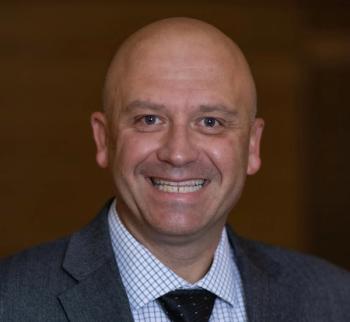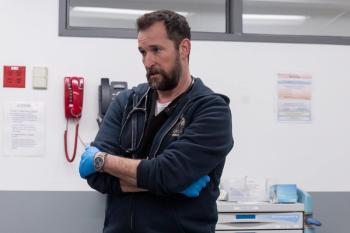
COVID-19 Vaccines: Restrictions, reactions, and fears of Americans at risk
The FDA signed off on updated shots, but they imposed new guidelines that could limit access, critics say. Healthcare groups want the shots to be more widely available.
The federal government signed off on updated COVID-19 vaccines, but some healthcare organizations aren’t happy with changes that they say will limit access.
Health & Human Services Secretary Robert F. Kennedy Jr. said on X that the government has fulfilled a promise “to keep vaccines available to people who want them, especially the vulnerable.”
But groups representing pediatricians and infectious disease physicians said the Food & Drug Administration’s approvals would limit access to the vaccines to millions of Americans. Critics say the government’s actions could endanger the health of Americans and are hoping insurers will continue to cover the shots.
Later in the day, the health department
Here’s a rundown on the approvals of new updated vaccines.
Children and younger adults
Seniors
The COVID-19 vaccines from Pfizer, Moderna and Novavax are approved for all those 65 years of age and older.
Pediatricians: ‘Deeply troubling’
Susan J. Kressly, MD, president of the
The academy continues to recommend that all children between six months and two years of age get the COVID-19 vaccine.
For those children over two years of age, the academy recommends “annual shots for children and teens with health conditions that make COVID-19 especially risky,” Kressly said.
“Any parent who wants their child vaccinated should have access to this vaccine; today’s unprecedented action from HHS not only prevents this option for many families, but adds further confusion and stress for parents trying to make the best choices for their children. Parents and pediatricians, together, make the best decisions to protect children’s long-term health," she said.
The academy is urging the government to revise its approvals and ensure Americans have more access.
Putting millions at risk
Tina Tan, MD, president of the Infectious Diseases Society of America, said the government’s decision contradicts scientific evidence, which supports broader vaccinations.
“By narrowing its approval, FDA has made a decision that completely contradicts the evidence base, severely undermines trust in science-driven policy and dangerously limits vaccine access, removing millions of Americans’ choice to be protected and increasing the risk of severe outcomes from COVID,” Tan said in a
Tan said the society “strongly urges doctors to continue recommending and administering vaccination to their patients based on the best available science.”
Changing guidelines
The health department previously changed its guidance on COVID-19 vaccines. Kennedy said in May that
Dr. Georges C. Benjamin, executive director of the American Public Health Association, told Chief Healthcare Executive® last month that the revised guidelines are already having an impact.
“We now are already seeing patients who are pregnant, not getting access to the vaccine,” Benjamin said, adding, “Pregnant women, by their very nature, have a degree of immunocompromise.”




























































































